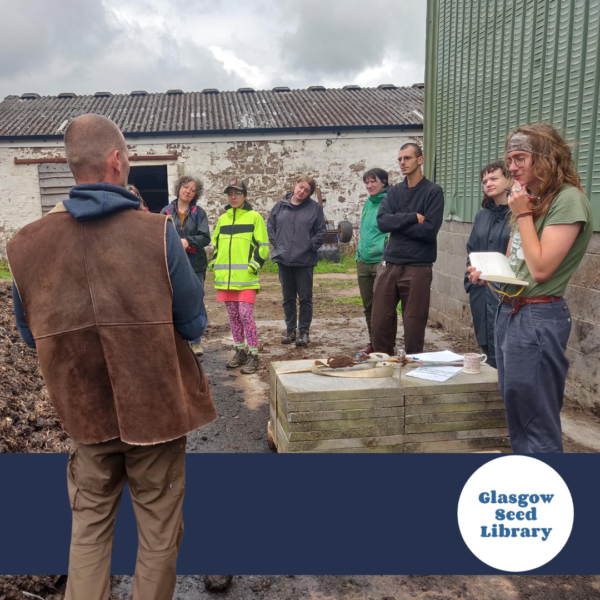- News
Round 2: Composting for the Future Peer Budgeted Groups
Congratulations to the 5 funded groups from our 2 Composting for the Future Peer Budget Round. They each received £3k to deliver community composting projects across Glasgow!
They will be delivering composting projects in our 5 geographic focus areas in Glasgow: North, South, East, West and Central.
North
The Children’s Wood and North Kelvin Meadow make up the last wild space in the west-end of Glasgow.
Their project will enable The Children’s Wood to meet the increasing demand for food waste being deposited into our current composting system and allow them to increase capacity for future demand. This project will allow them to maximise the potential of their current composting system, to increase output, and supply raised bed holders with compost. The Children's Wood will also use the compost in their community garden, orchard and on the land. There would also be the potential of creating a small income for the charity.
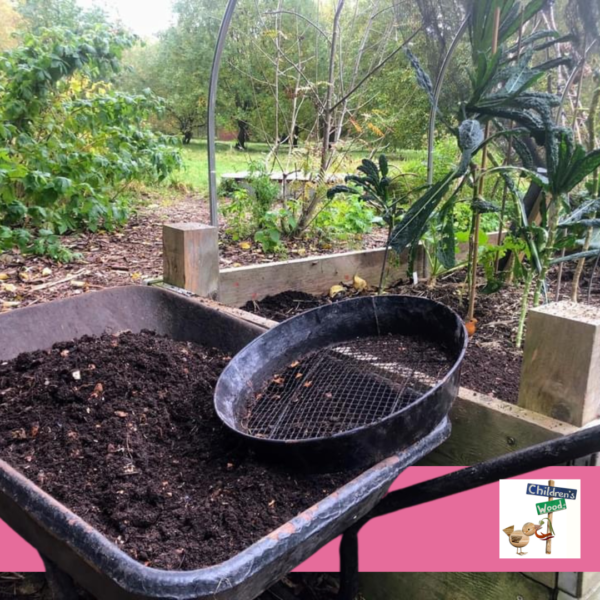
South
GalGael are a working community based in Glasgow, Scotland who work together on demanding common tasks that demonstrate ways of living with more humanity in our times.
Galgael will set up a community composting facility on the Ibrox Commons for local residents to be able to compost food waste, using hot composting techniques. This project comes in response to feedback from members of the community who would like to compost, but currently do not have access to facilities. In addition they will set up a cold composting system for garden waste on the Ibrox Commons, and expand Galgael’s food waste composting capacity.
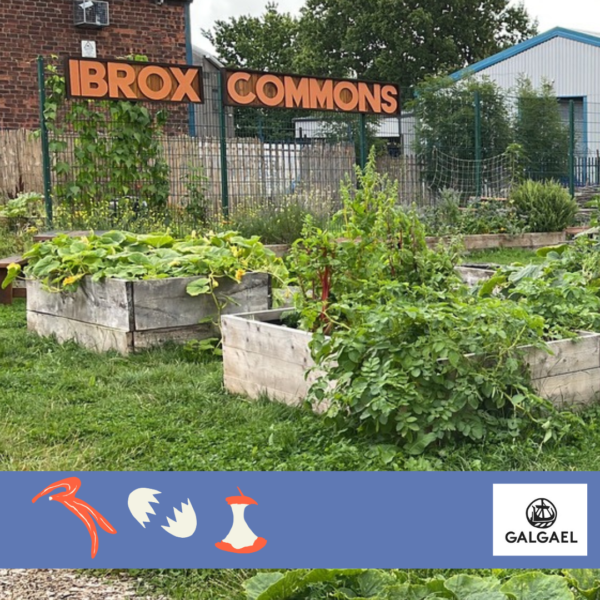
East
Cranhill Development Trust is an integral part of its community, responding successfully to the complex needs of Cranhill since 2002. Their primary charitable aims are to promote resilience, tackle poverty and address social exclusion.
CDT want to develop a Jora-based composting system in their community garden for community use. They want to introduce a few Jora bins and hotbox which will provide compost for the garden and for local residents to use. CDT will run a compost day event and invite neighbours to join them in the garden to find out about how to access the new composting bins and how to use them.
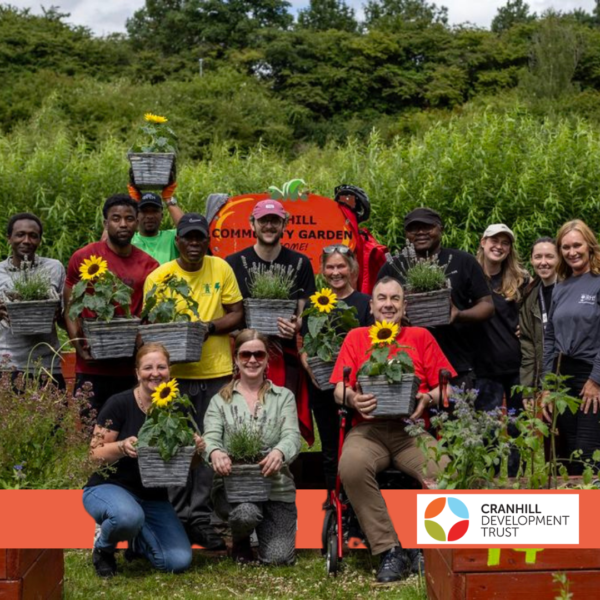
West
Art in the Gart is the Gartnavel Royal creative volunteer programme, which offers patients the chance to engage with art specialists across a range of media.
For this project, they will help address the climate crisis in practical ways by improving their knowledge and understanding of composting. Existing and new Garden volunteers, service-users, staff and those who visit the green spaces onsite will take part in the training and have access to information for domestic use.
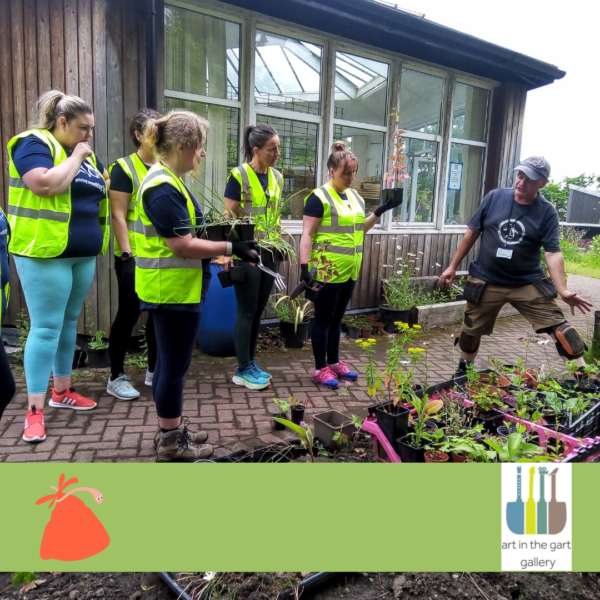
Central
Glasgow Seed Library is a collection of seeds and a community of growers. The library stocks organic and open-pollinated vegetable, herb and flower seeds for everyone to borrow, grow and save.
Glasgow Seed Library will establish a circular food waste composting system at Centre for Contemporary Arts, Glasgow. This will enable all food waste from the tenants, staff, cafe and bar to be processed on site and turned into usable and nutritious compost, made available on a monthly basis for our seed library community and other members of the public, locally and from other parts of the city, to collect alongside seeds from Glasgow Seed Library.
